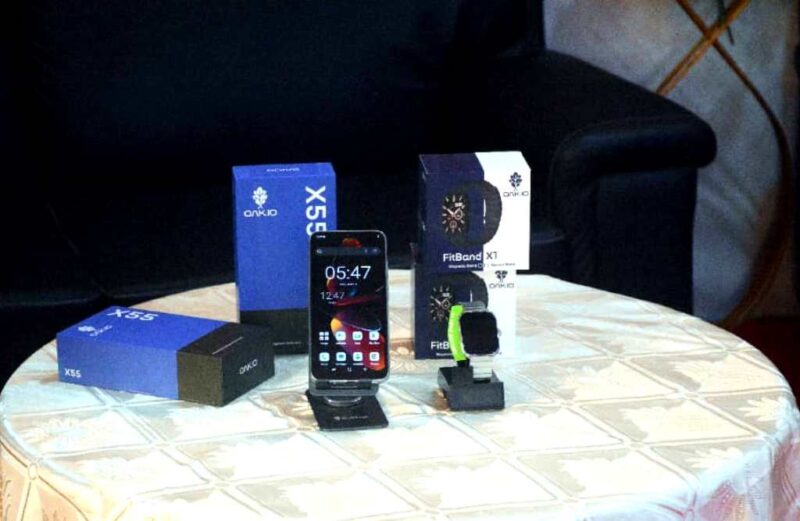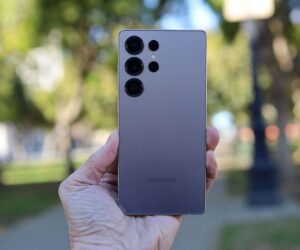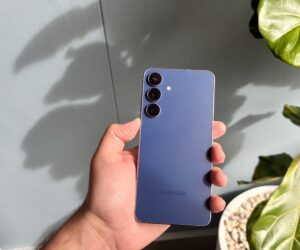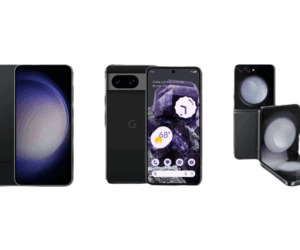Obafemi Awolowo University (OAU) has underscored Africa’s capacity to move from resources to real transformation with a groundbreaking one-day AI & Robotics in Clinical Practice Symposium and the launch of OAK.io, an AI-powered line of smartphones and smartwatches.
Held on 17 September 2025 under the theme “Transforming Healthcare: AI-Driven Solutions for Nigeria’s Medical Future,” the symposium brought together leading academics, healthcare professionals, technology experts, students, and industry leaders to explore how artificial intelligence and robotics can revolutionize diagnosis, treatment, and healthcare delivery across Africa.

Distinguished speakers included Prof. Phillip Ogunbona (University of Wollongong, Australia), Ms. Tilila El Moujahid (Microsoft, UAE), Prof. Olusegun Alatise (OAU), Mr. Ejovi Aror (Group Managing Director, ipNX Group), Mr. Ope Olugasa (CEO, Law Pavilion), and Dr. Olaitan Olusegun (OAU Faculty of Law).
The symposium was convened by Prof. G.A. Aderounmu, Deputy Vice-Chancellor (Academics), and Prof. B.O. Adegbehingbe, Provost of the College of Health Sciences, with Vice-Chancellor Prof. A.S. Bamire as Chief Host.
A Leap from Resources to Action
Speaking at the launch, university leaders emphasized that Africa’s challenge is not a lack of resources but the need to think, build, and act.
Real transformation, they noted, requires investment in education, STEM skills, vocational training, strong institutions, reliable infrastructure, and a culture that values productivity and innovation.

The symposium itself, combining global expertise with local initiative, showed how African universities can be catalysts for that transformation.
OAK.io: Innovation Built for Africa’s Future
A centerpiece of the event was the unveiling of OAK.io, a university spin-off from OAU’s ICT-Driven Knowledge Park.
Its first products signal Africa’s intent to compete globally while meeting local needs.
It introduced the X55 Smartphone and FitBand X1 Smartwatch, both preloaded with AI tools for healthcare diagnostics, crop monitoring, and education. The devices will be commercially available in early 2026.
A Call to Action
Vice-Chancellor Prof. Bamire praised the symposium as “a bold step toward harnessing technology to meet Africa’s unique healthcare challenges,” urging governments, investors, and educators to strengthen infrastructure, policy frameworks, and innovation ecosystems so that such breakthroughs can scale across the continent.








